Happy Mother’s Day! There is no denying that mothers are the best – but did you know that yours isn’t the only super-mom around? The ocean is filled with incredible animal mothers who can provide a fascinating look into ocean life and remind us to appreciate moms a little more! (Psst! A Two Oceans Aquarium membership is a great last-minute gift!)
Let’s take a look at five of our favourite ocean moms and the diversity of parental styles found in nature:
Octopus
If there is one thing that My Octopus Teacher taught us, it is that octopuses are remarkably intelligent animals. Their lives, while short, are interesting and very dangerous. But did you know that the reason octopuses live for such a brief time is that their entire lives focus on successfully raising a single batch of eggs?
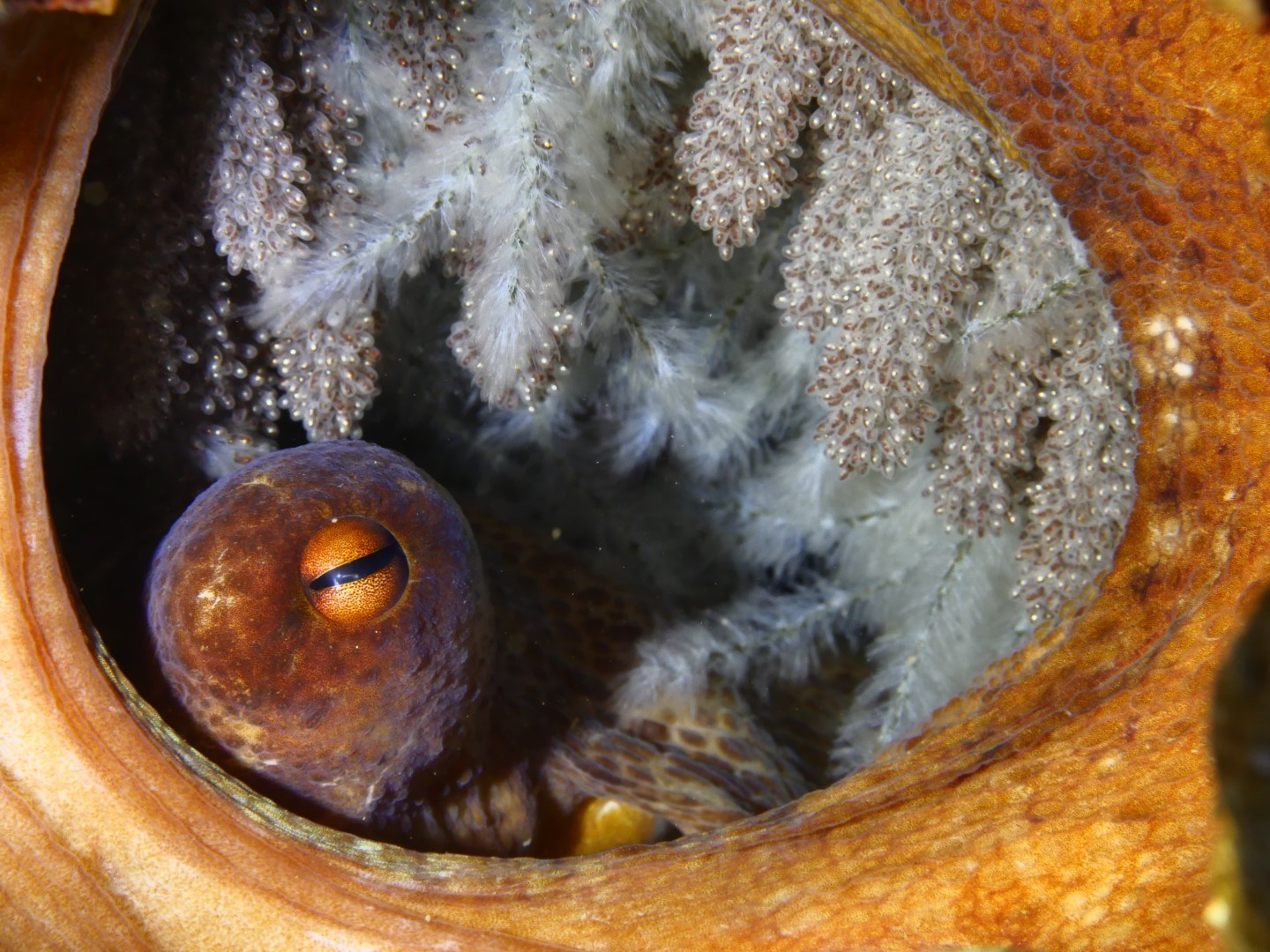
After finding the perfect hiding spot – a quest that can take a female octopus almost her entire life – an octopus mother will lay her eggs in safety. She will then spend the rest of her life guarding these eggs with her body, blowing oxygen-rich water across them, and picking off parasites. The mother octopus will never leave her eggs, not even to feed herself, and will eventually die shortly after her eggs have successfully hatched.
Even more remarkable is that this brooding period can take as long as four and a half years for some species, like the deep-sea octopus (Graneledone boreopacifica). That is a long time for a mom to go hungry!
Humpback whale
Whales are great moms, but we think humpback whales take the cake! South Africans who live near the coast are likely familiar with the incredible long-distance migrations that humpback whales undertake annually – but did you know that humpback whale moms do it while pregnant?
Humpback whales migrate from cold, nutrient-rich waters (like those around Antarctica for our local population) to shallower, calmer waters closer to the tropics. Although these warm waters are not as abundant in food sources for the whales, they provide a safe place for the young calves to learn “how to be a whale”, with fewer predators and calm conditions.
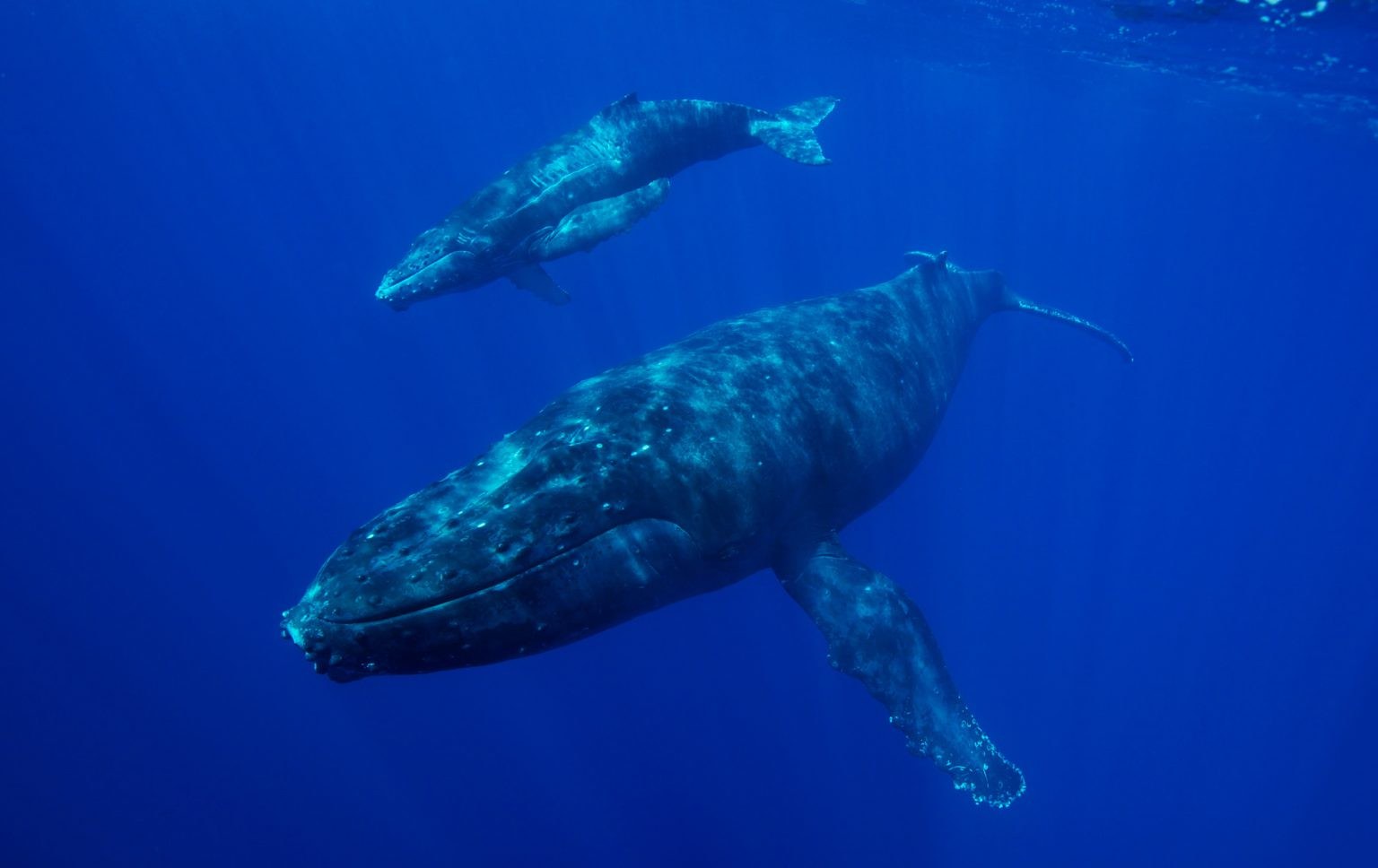
Whales are smart, but that intelligence doesn’t arise purely from instinct – humpback whales spend a long time learning everything they need to know from their mothers. Young whales will spend up to a year nursing from their mothers during their migrations. During this time, she will impart all her knowledge about avoiding predators, finding the best feeding spots, and integrating into the social community of their pod. The mother whale also eats enough to produce an enormous amount of fat-rich milk for her calve – hundreds of litres a day!
Mother humpback whales are fierce protectors of their calves – especially against orcas, their main predators. There is evidence that mothers and their calves whisper to each other so that they can stay in contact without killer whales overhearing them. There have also been records of mother humpback whales fighting alone against entire pods of orcas to protect their young. But, with such an intelligent predator, the best defense a mother can give her calf is the knowledge to avoid them and enough milk to grow quickly enough to avoid being on the menu!
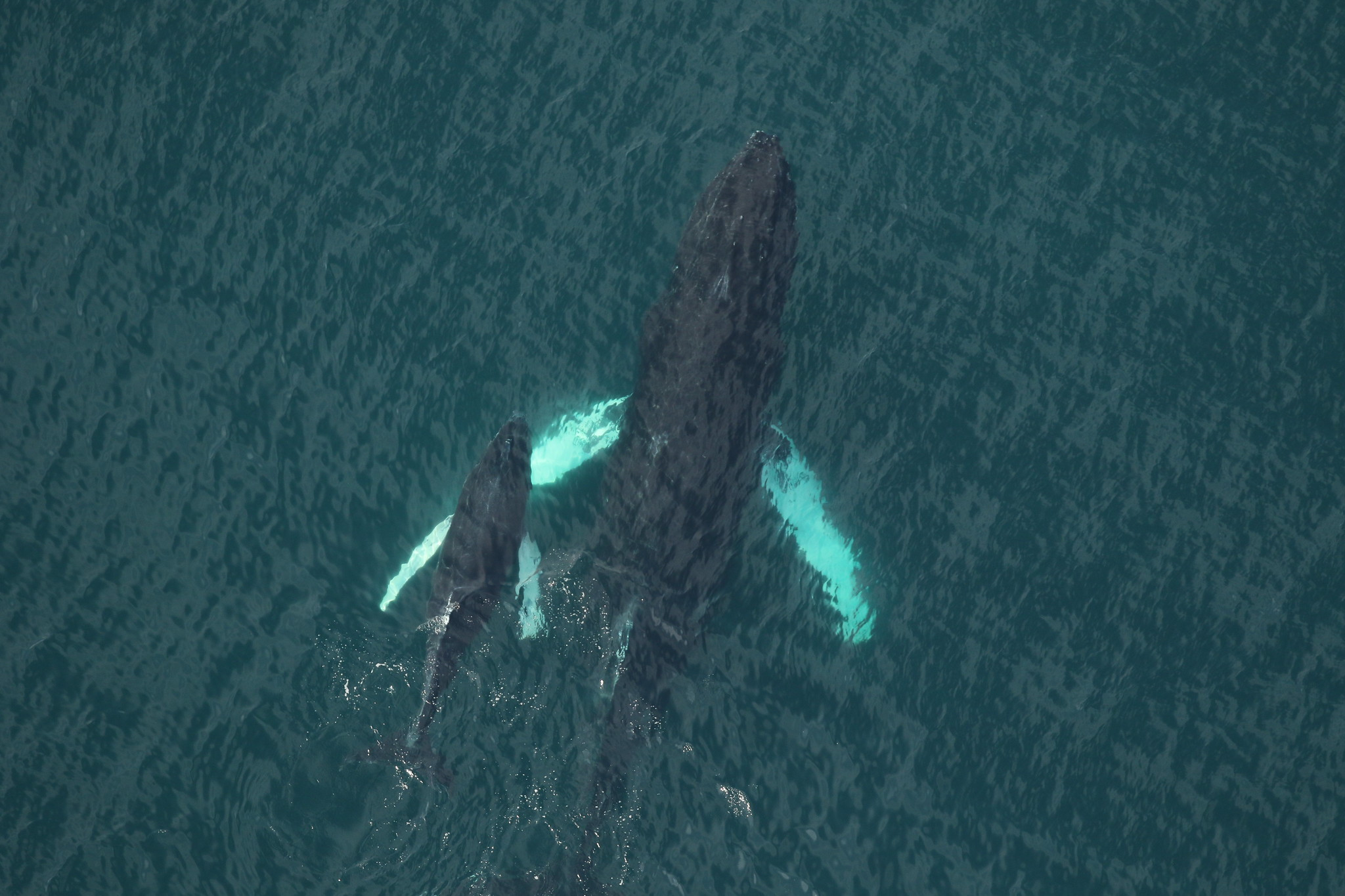
Clownfish
Clownfish moms are a strong candidate for the “ocean’s best mom”. But to understand why, we need to dig into the concept of reproductive investment. For most animals, the “cost” of reproduction is usually that the female makes a huge investment in terms of producing eggs and babies. She needs to be 100% sure that the males she chooses to mate with are worth that investment, which is why males must usually demonstrate their worth in some way to level out that cost – for example, fighting other males for dominance, taking care of the young, or creating elaborate gifts.
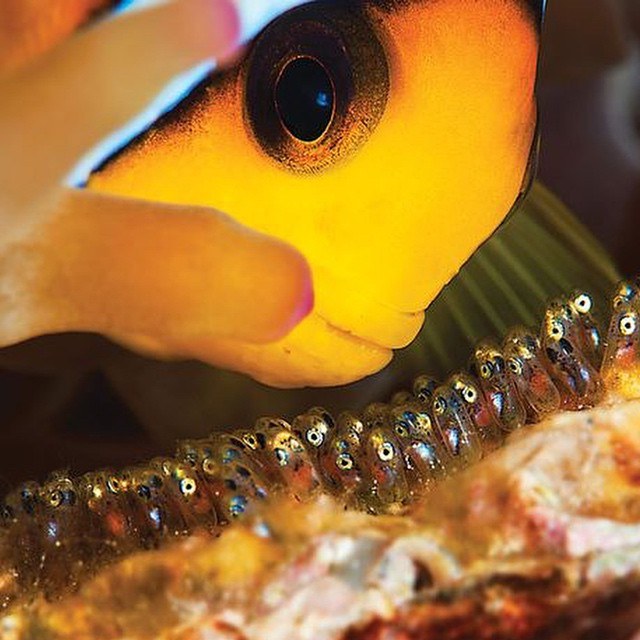
So, ocean moms are always trying to pick the best mate to ensure the best chances for the survival of their young. Clownfish are a little different, though – instead of females trying to find the best male mate, the strongest male becomes the mom!
Clownfish are sequential hermaphrodites – they are all born male! In a colony, all the clownfish except one are male, all subservient to a single dominant female. She chooses to mate with the next strongest and largest clownfish in the group, and the father and all the other males take care of this clutch of eggs. When the female eventually dies, her chosen mate – the “best dad” in the colony – takes her place as the colony’s new female, and the process continues. It takes the stress out of choosing a good partner to raise your kids when you know you are both an awesome mom and dad!
Loggerhead turtle
Turtles are another odd candidate – abandoning your eggs on a beach to fend for themselves might not seem like great parenting, but this comes down to reproductive investment! These oceanic parents are doing what is required of them to ensure the survival of their species in their ecological niche. Loggerhead turtles’ long lives, their epic ocean migrations, and their enigmatic lives in the open ocean are all about setting the stage for success for their young.
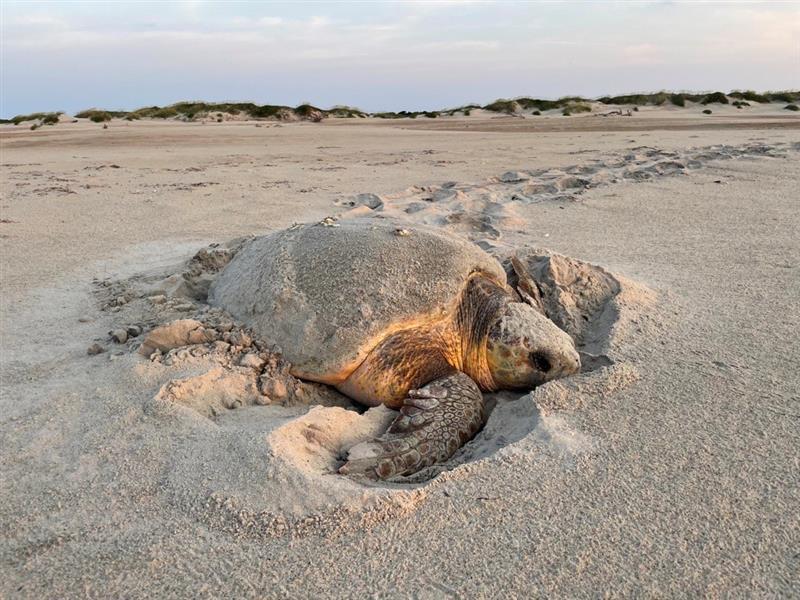
Every turtle hatchling emerges with the instincts they need to survive in the wild – they know how to read the Earth’s magnetic field to find key feeding spots, how to use the lights of the moon and sun to navigate, and how to find fertile grazing spots based on ocean currents and chemistry. Despite never meeting or learning from their mothers, every turtle that survives to adulthood knows how to follow her migratory footsteps. Decades later, they end up at the same beach when the time comes for them to have offspring.
While loggerheads might be very “hands-off” ocean moms, there is no doubt that they spend their lives cementing these crucial survival lessons into their instincts and the genetic memory of their species.

Cape fur seal
Last but not least – Cape fur seals. If you step behind the Two Oceans Aquarium to see the Cape fur seals lounging on the nearby platform, you might be forgiven for thinking that they are a lazy bunch – but this is not the case!
Seal pups are born on land, in a protected territory belonging to a dominant male – their mom chooses a male that she thinks will serve as a good “stepdad”. This stepdad protects the mother and pup and will later be the father of her next pup.
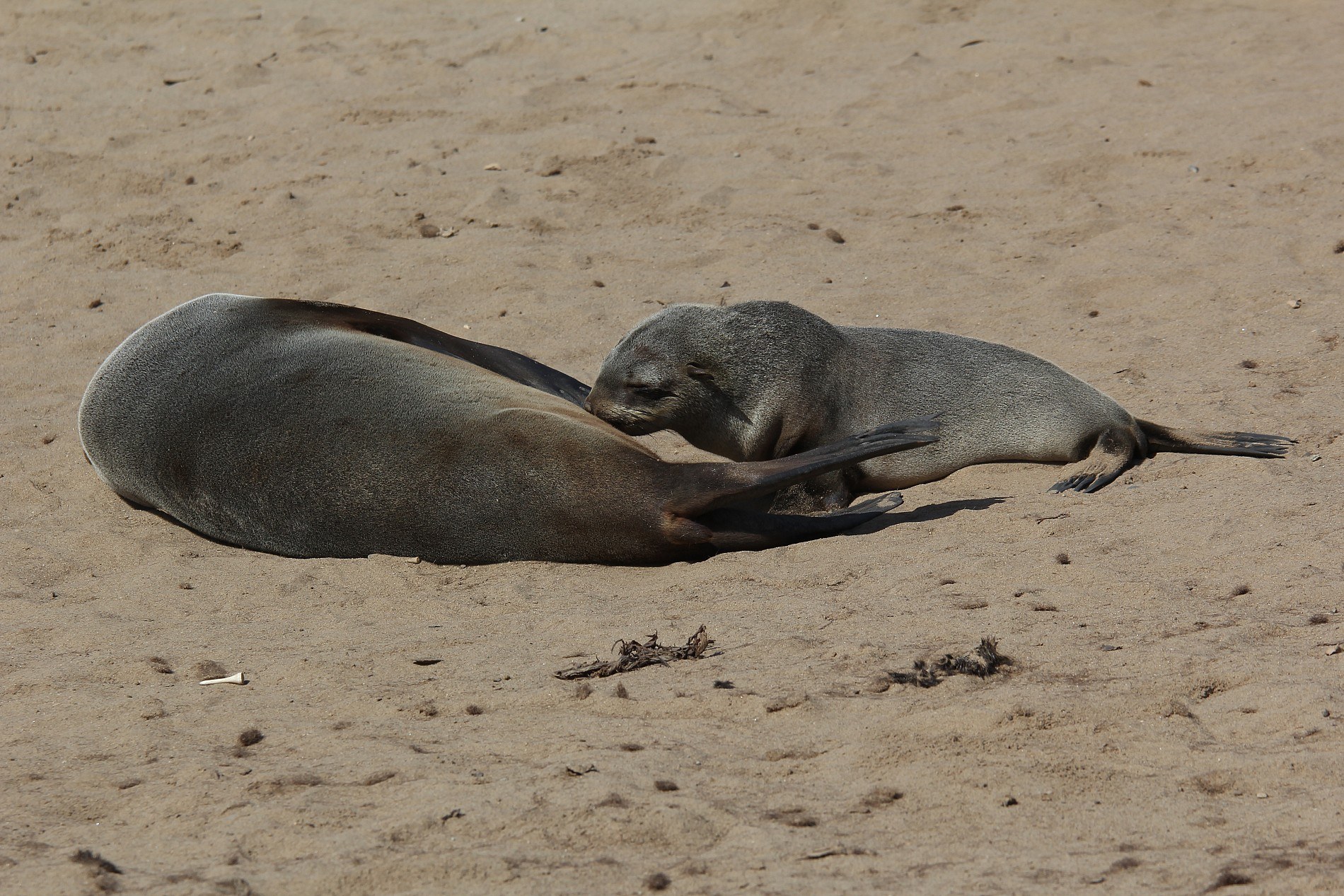
During this time, the mother seal is an incredibly attentive carer to her pup – she will nurse them for up to eight months and, during this time, will engage with them in play and grooming. As the pup gets older, their mother will introduce them to the water, teach them how to swim, and show them how to hunt for food on their own.
Mother seals will fiercely protect their young, even working with other female seals and the dominant male to protect their territory and keep an eye out for the other pups in the area. These sociable animals do everything they can to care for their young!
Which of these ocean moms is your favourite? Do you know another amazing ocean mother about whom we should know? Let us know on Facebook, Instagram, TikTok or X.
To all the mothers in our broad, beautiful ocean community: Thank you for nurturing the next generation of curious, responsible, and compassionate ocean champions. Happy Mother’s Day!
Related News
Sign up to our Newsletter
Receive monthly news, online courses and conservation programmes.



